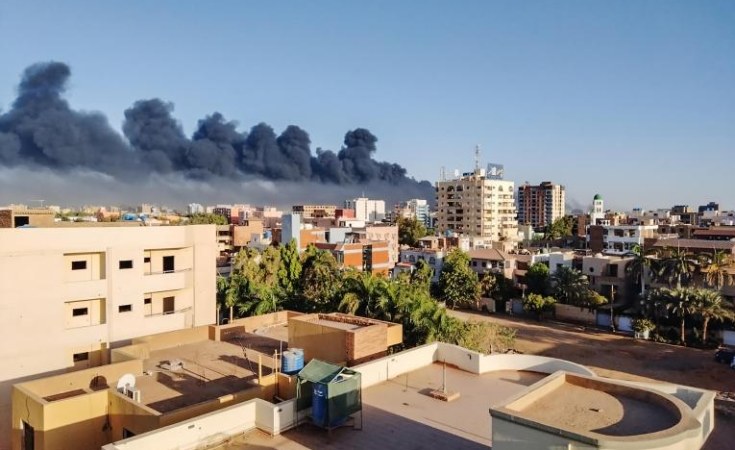Khartoum — The World Food Program says it is struggling to get aid to Sudan's capital, Khartoum, and other areas seeing intense fighting and multiple failed cease-fires.
World Food Program spokeswoman for Sudan Leni Kinzli said Thursday the agency has started distributing food aid to people who have fled the fighting in what she described as "peaceful" locations.
Kinzli told VOA by messaging app from Germany the WFP plans to provide food aid to 384,000 people.
She said the aid would go to Sudan's eastern Kasala and Gedaref states as well as White Nile state, south of Khartoum.
"This includes newly displaced persons, host communities that are extremely vulnerable as well as pre-existing refugees that were sheltering in some of these states," said Kinzli.
Kinzli said intense fighting in and around Khartoum has prevented safe access the area, where millions of people are struggling to survive.
The Associated Press reports heavy shelling in the Sudanese capital Thursday disrupted efforts to deliver badly needed aid to civilians trapped by the warring generals.
Sudan's military and its rival, the paramilitary Rapid Support Forces, have agreed to a few cease-fires, but none have taken hold.
Kinzli urged both sides to guarantee the safety of aid agencies to deliver assistance.
"It makes it very difficult for us to provide assistance safely, so we continue to call on both parties to the conflict to adhere to the cease-fire and to all obligations under international humanitarian law, to protect humanitarian staff, humanitarian assistance and all assets and premises that are belonging to humanitarian organizations," said Kinzli.
The fighting since April 15 has killed hundreds of people and sent hundreds of thousands fleeing for safety.
The U.N. refugee agency, UNHCR, said Thursday more than 128,000 people have already left Sudan and close to 900,000 are expected to flee to neighboring countries in the coming weeks.
Kinzli said WFP has already provided food aid to more than one-third of the 30,000 Sudanese who fled to Chad.
The UNHCR said similar numbers have fled to South Sudan, 47,000 to Egypt, and about 10,000 to the Central African Republic.


